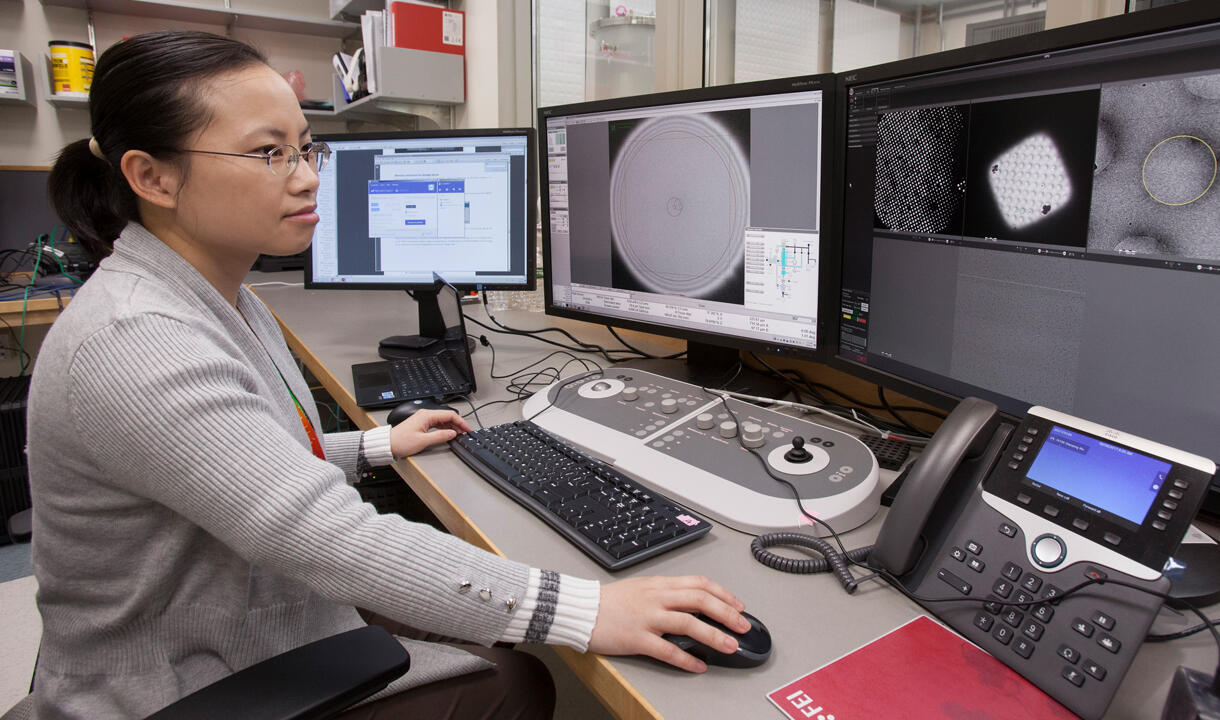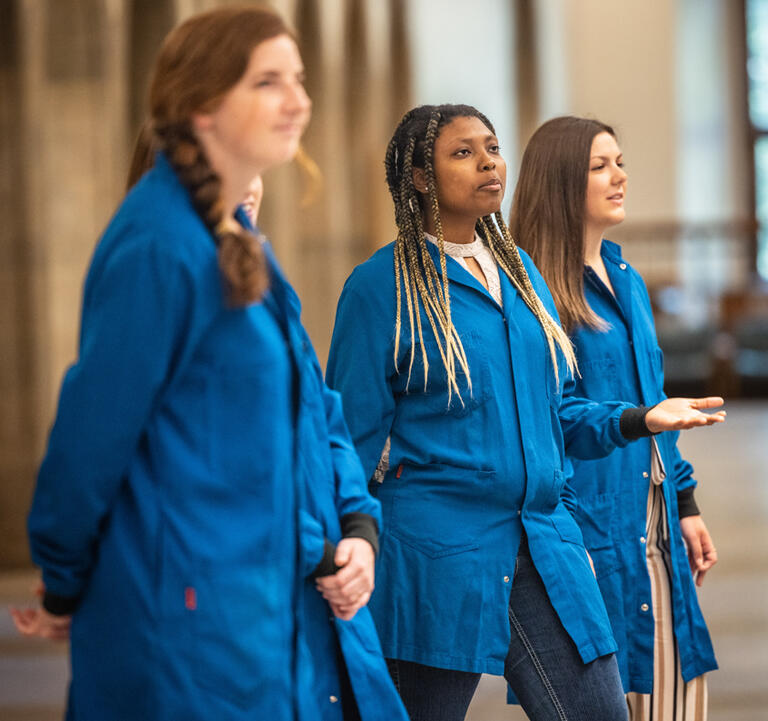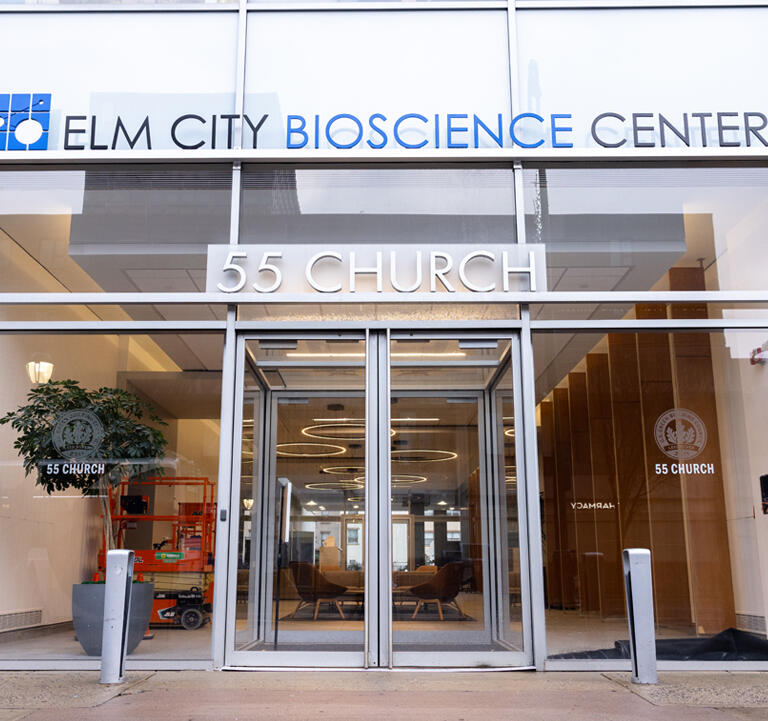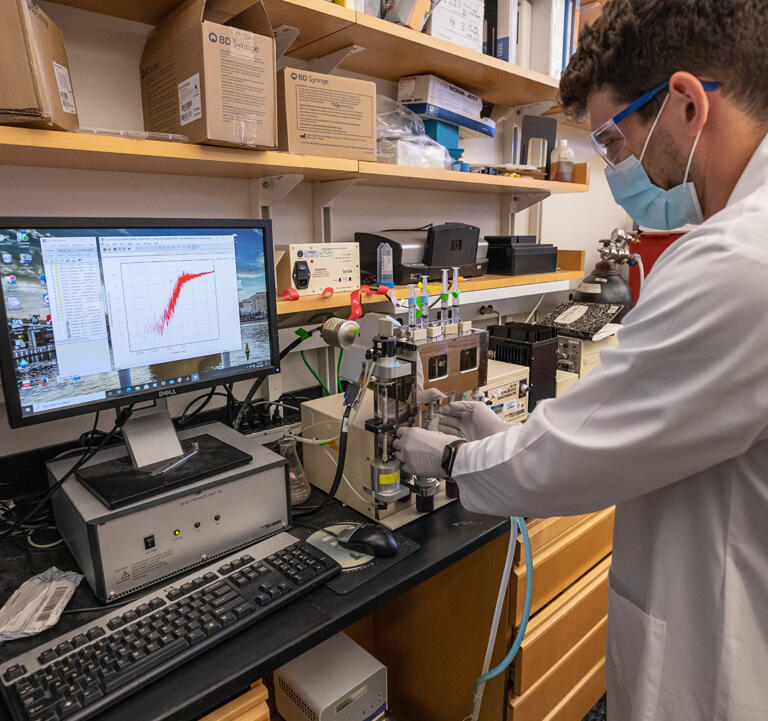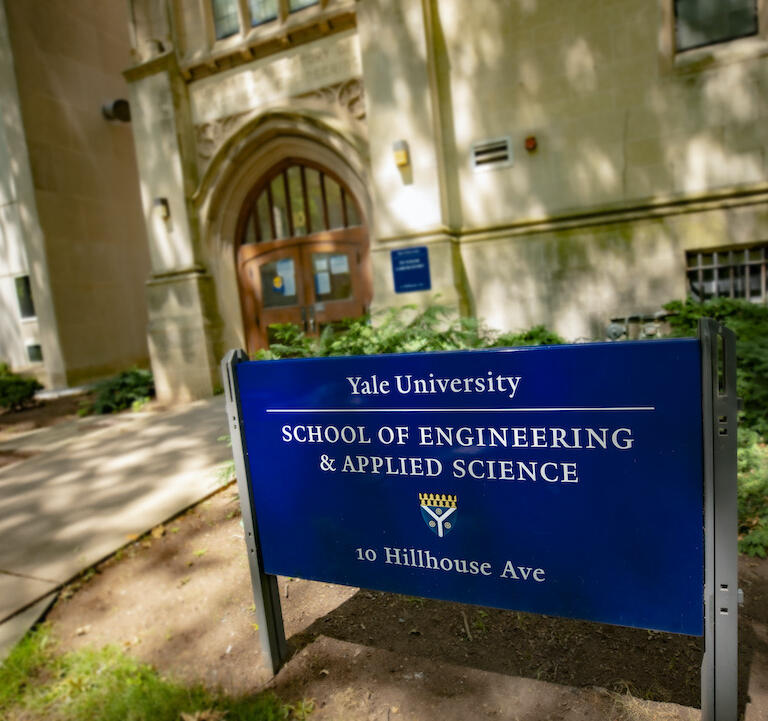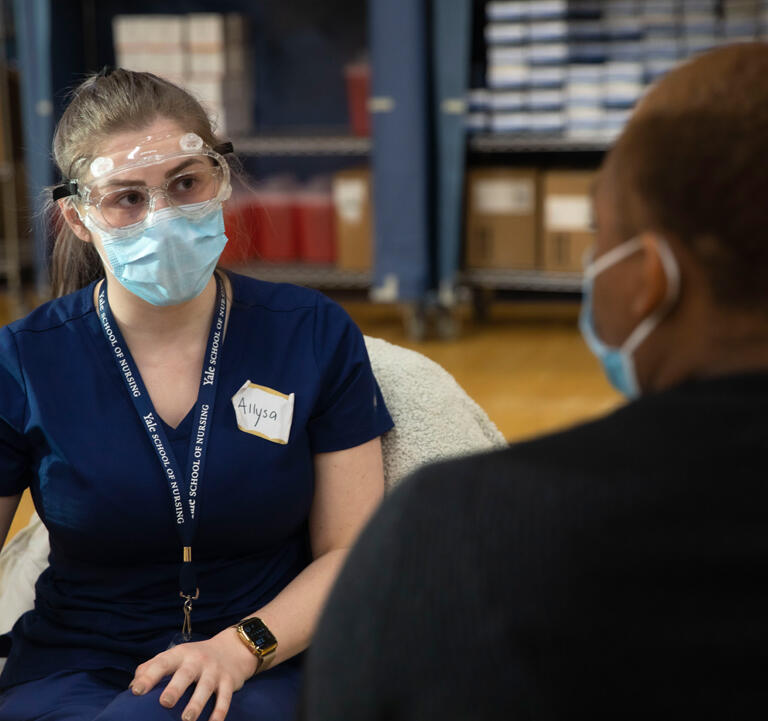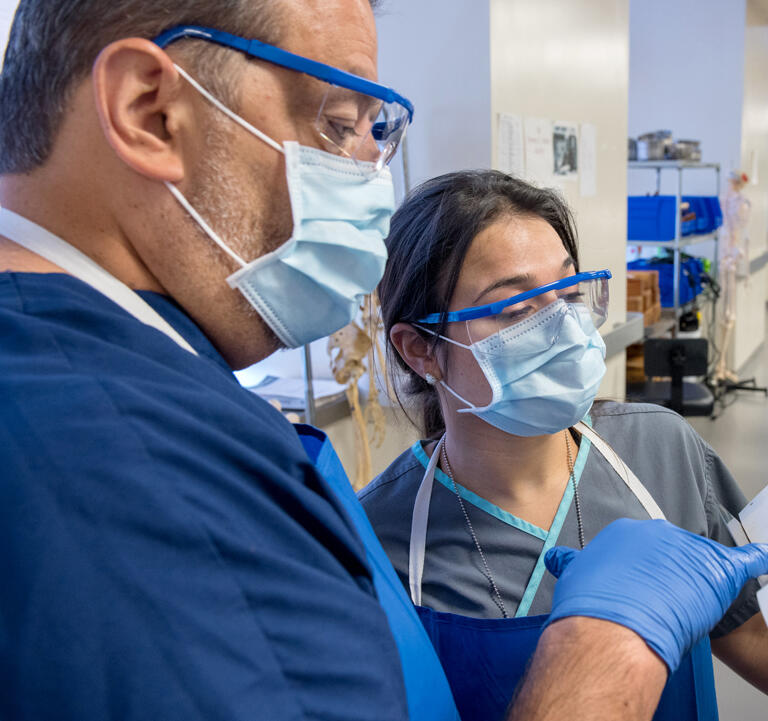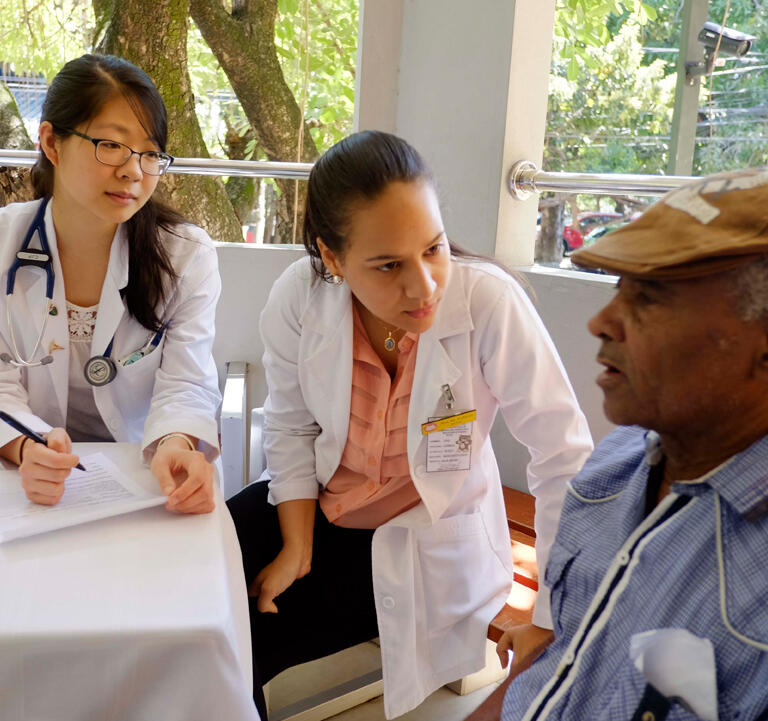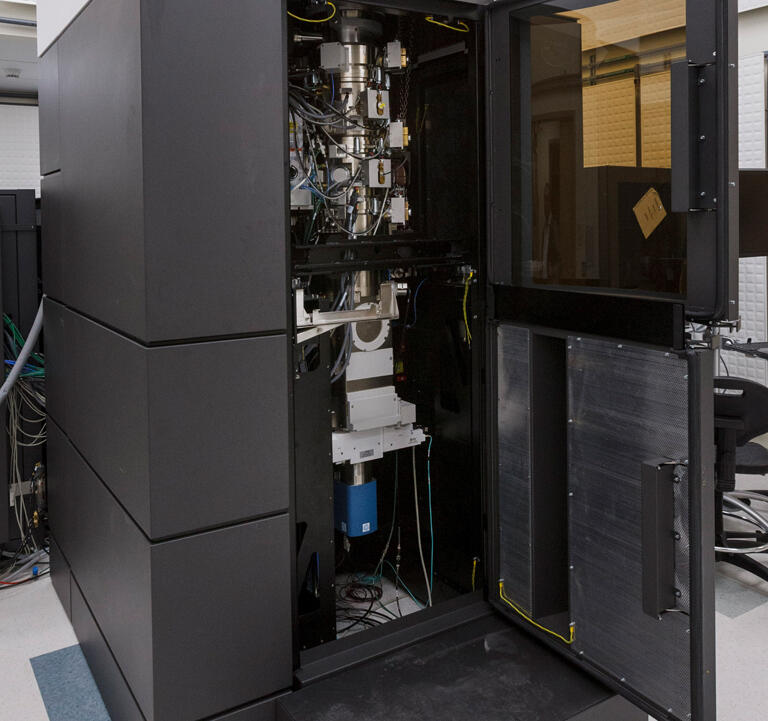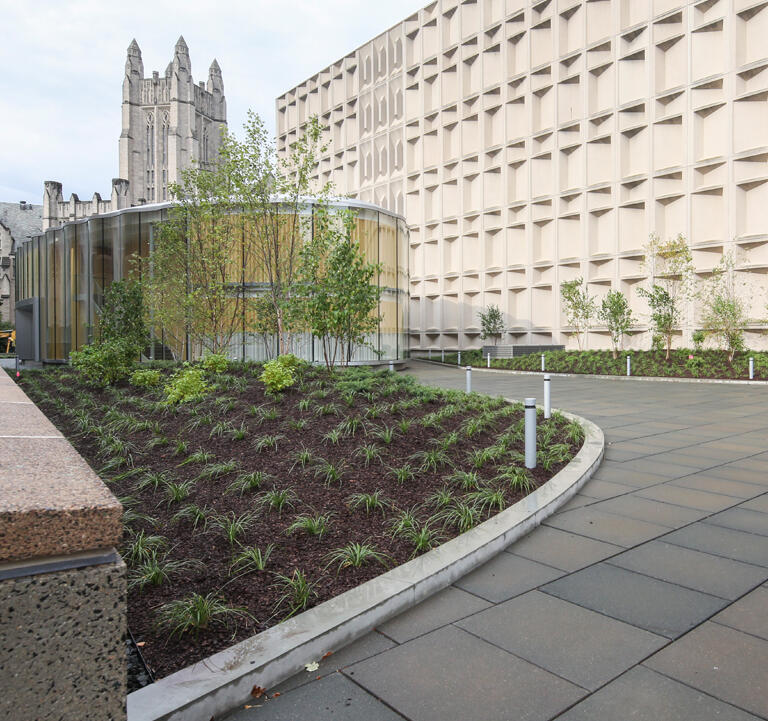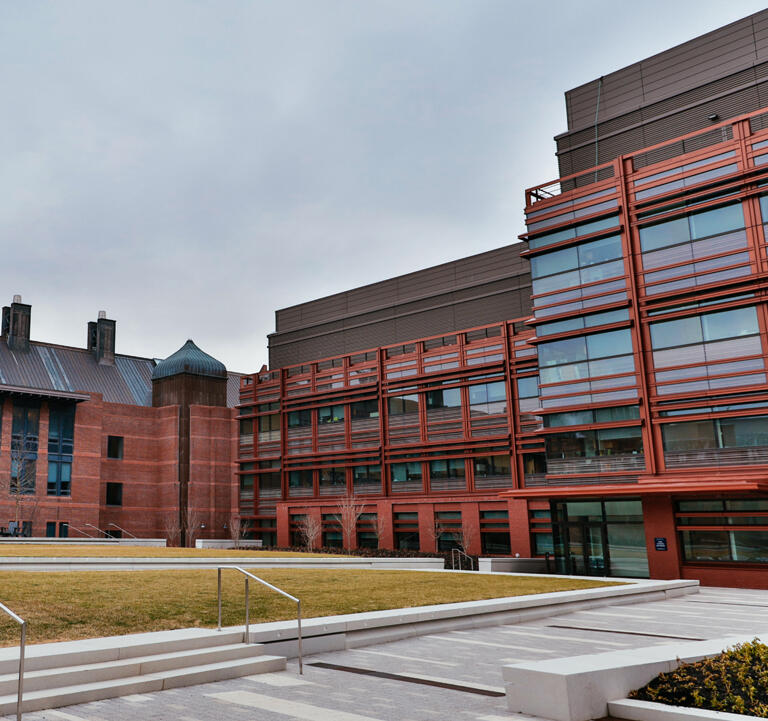Investments in this area support the people, places, and instruments that produce cutting-edge research, as well as initiatives in innovation and public health that address some of the world’s biggest problems.
Funding of STEM graduate education ensures sustained scientific excellence, while developing high-capacity centralized instrumentation and engineering facilities creates intellectual hubs for instrumentation development. Organizing, coordinating, and supporting state-of-the-art core facilities are crucial for innovation, and entrepreneurship and transformative research help meet global challenges.
